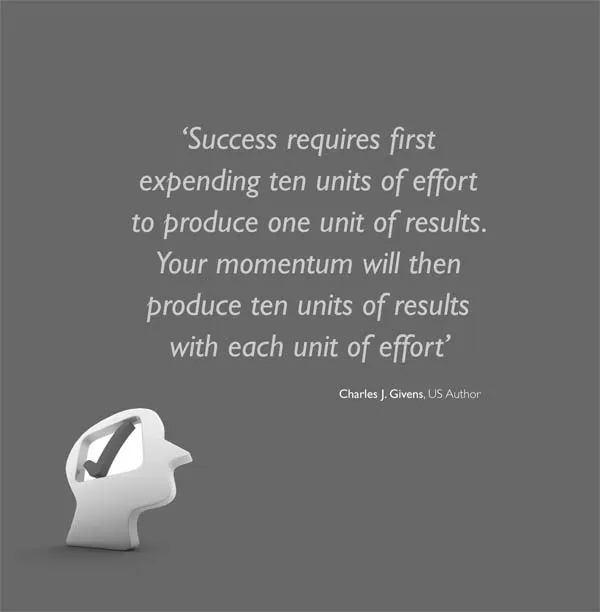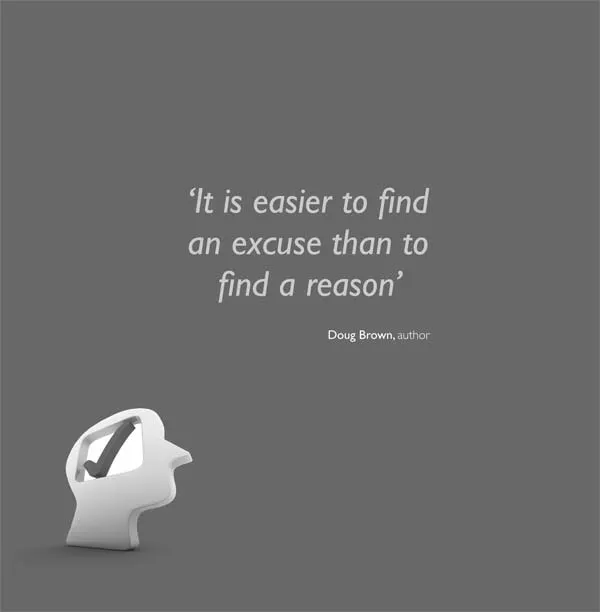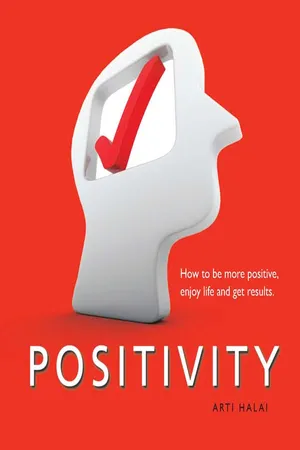> 1 FEAR
It feels as though I have spent two days looking at a blank screen on my laptop. The truth is, I don’t know how to start writing a book. I have, however, committed to doing it, by deliberately telling people that I would have a book out by the end of this year; so there really is no going back.
I’m apprehensive and excited at the same time. But the emotion of fear is the stronger. Who am I to write a book? What if I can’t find a publisher? What if the readers don’t like it and I get poor reviews? Do I have enough material? And the biggest fear of all: what if it doesn’t meet my expectations and the high standards I try to maintain?
I’m waiting for that touch of magic called inspiration, but as I’m doomed if it doesn’t arrive, it’s better to press the keys and just get started. And therein lies the first message. If you’re going to eat an elephant, start with its tail.
‘I’m not afraid of storms, for I’m learning how to sail my ship’
Louisa May Alcott, American Novelist
Don’t run away from fear. If you do, it will only start to play on your mind and left to its own devices, unconfronted, it will grow bigger and bigger, eventually turning into a hideous, all-consuming monster. The longer you put that tricky action plan off, the more difficult it becomes – it’s called putting a problem in the ‘too-hard inbox’.
The key is always to tackle your fear head on, even run towards it if you have to. When you face your fear, you often realise that whatever you thought was going to happen doesn’t. Somehow, nothing is ever quite as bad as you thought it was going to be.
Muster the courage and take the first steps, knowing that you have inside you, somewhere, all the strength you could ever need. You just have to give it a chance to rise to the surface. Trust yourself more. Stop thinking about it, and just get on and do it.
‘Do not let what you cannot do interfere with what you can do’
John Wooden, American basketball coach
Think of your fear as a sleeping dragon – a monster – slay it, stand up to it, laugh at it, dare it to do its worst – do whatever helps you combat it. But don’t let it take another moment of your time. That fear is using up too much valuable brain power and your thoughts need to be free for other, more positive and productive things.
Here’s what to do with fear: confront it. Eventually you will conquer it, because circumstances dictate that you have to, the situation demands it or you realise that it prevents you from doing the things you really want to do. Tackling our fear makes us become better and stronger.
• • TRY THIS • •
Take a moment to work out the most difficult thing you have to do right now. What scares you? It might be a business activity that you have been putting off, or something to do with a personal relationship that you’ve been meaning to tackle for a while. Work out what the first step is and do it now.
A writer friend of mine got an unusual and unexpected bad review of one of his books. He was taken aback and his self-confidence took a huge knock. What did he do? He hugged the monster by sending the review to everyone he could think of in the publishing business. The responses reminded him of his skills and how other people regarded them.
Okay, I’ve done it; I’ve written the first 500 words of the book I have promised myself, and other people of course, that I would write. That monster is maybe not dead yet, there’s a long way to go, but it’s under control.
> 2 MOMENTUM
Another day means at least another 500 words to write. I know the only way I will write this book is to tackle it bit by bit. Thinking of it as a whole book with 30 chapters makes it one big mammoth task too many.
So, the key is to do a tiny little amount every day. One key message, a couple of hundred words and before I know it there will be plenty of material by my six-month deadline. Thinking of my project in this way actually inspires me to put words on paper because now it feels achievable.
However, I must never lose sight of how the book will look once it is finished. I can see the cover of my book – a bright red glossy cover and the title written in large font, going across it. That’s enough to keep me going.
I don’t have a particular time to sit down and write, either. Why restrict yourself? Keep boundaries broad, but be clear about what you say you will achieve. I know that if I insisted on writing at a particular time of day, and then one day missed the slot then I would have an excuse to hand for not catching up later, feel disappointed and it would take much more effort to go back to the book. So, having a whole 24 hours to choose from, to dip into the project, works well for me.
‘It is not of importance where we stand, but in what direction we are moving’
Anonymous
If we feel something is just too far from our reach we procrastinate and make excuses. Trust me, it doesn’t matter how desperately you want that amazing thing, which of course promises to make your life perfect. If you focus on how far away the big picture of it is, you will be defeated before you even start. Chances are you will have given up long before making it to the start line.
Many people who work for large organisations for example, dream about setting up their own company, but unless they start planning and doing something about it, a dream it will remain. Why? Because it is always easier to think about the things you want, than to strive to achieve them.
Some of you may set off by approaching a project energetically and enthusiastically – at least initially, but when the quick results you expected and feel you deserved were nowhere to be seen, you discarded the project, the dream disintegrated and what did you do? Having lost momentum you moved on.
You know what I’m saying, don’t you? Remember how many times you said you would get fit, eat healthier and lose those extra pounds?
A friend of mine decided to run the London Marathon for the first time. I was in awe – running 26 miles is not something that I would ever even contemplate doing. But each to their own, and he showed real commitment to the task. He trained hard for it – at first running a few miles a week then building up the stamina to do 15 miles and more at a time.
On the day he did well. Afterwards, I asked him what kept him going during the toughest part of the race, which he suffered at around the 22-mile mark. He told me he picked a point further up the track, and kept saying to himself, ‘If I can make it to that point, then I know I will be fine’.
‘If you can imagine it you can achieve it, if you can dream it you can become it’
William Arthur Ward, American author
• • TRY THIS • •
Take a look at something that you started, but failed to complete. Think about what got you started in the first place. Create a Polaroid picture in your mind of what it will be like when the project is finished.
Then, don’t beat yourself up about not achieving it but commit to doing something small and manageable to get back on track. Agree to do it every day, once a week, or in whatever timescale is right for you.
Simply achieving this first thing will make you feel good and encourage you to keep going.
Then an amazing thing will happen – you will have created one of the keys to achieving your outcome – momentum.
Climbers always say when climbing the mountain not to look up towards the summit. All you will see is an endless stretch of brightness in front of you, and all you will feel are the harsh realities of the bitter cold. Focus instead on the steps you are taking one at a time – and before you know it, you will have reached the top!
The Taj Mahal was not built in a day. Consistently working at something with purpose produces far greater rewards and satisfaction than you can ever imagine.
I know I’m only at the start of my project, but so far so good. I’ve completed two chapters now and actually the cogs are already turning about what I might do tomorrow.
> 3 BREAKING THE ROUTINE
I know I’ve been naughty. I have neglected to write the minimum 500 words I promised myself that I would do to get this book off the ground for at least five days now. At first, I felt guilty. I even made an effort to write something one day, but the words just wouldn’t come out right. So then I ‘took the rest of the week off’ – well, almost. After a week of feeling fired up and writing my promised 500 words daily, I broke the routine. But it wasn’t my fault – honest!
I went on a business ...






